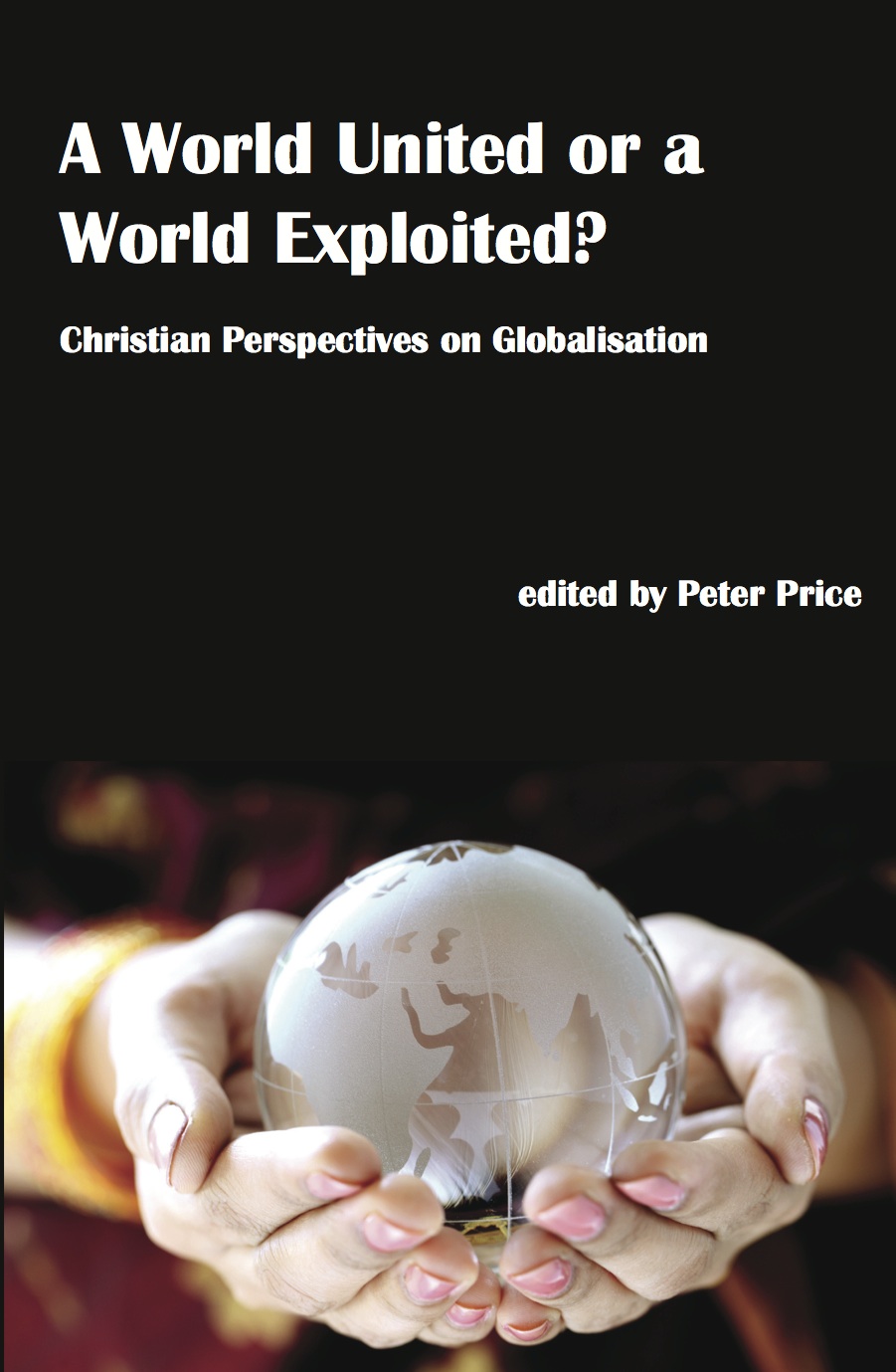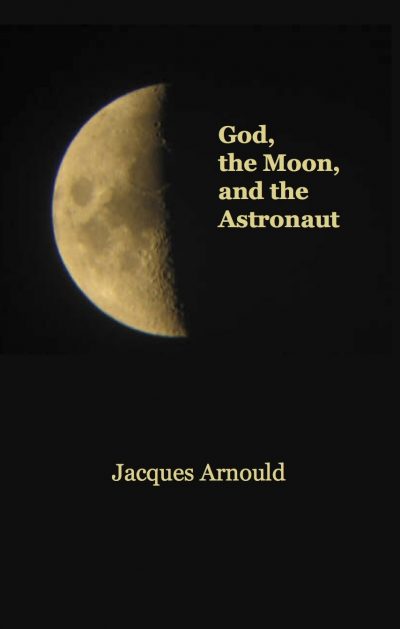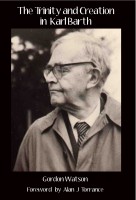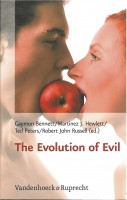Description
� Stephen Ames examines how religious belief adds a depth of meaning to human wellbeing and personhood, and a moral context for our response to globalisation. � John D’Arcy May considers how world religions can work collaboratively to enhance human wellbeing. He challenges the ‘secularisation thesis’, noting also the growing influence of Buddhism and Islam. � Bruce Duncan argues that the Global Financial Crisis is fundamentally a moral one exacerbated by neoliberal economics. To avoid such crises, economic policies must concentrate on promoting social equity and human wellbeing for everyone. � Rowan Ireland highlights the contradictions in the effects of globalisation in a Brazilian shanty-town, showing how these processes can disempower poorer people, but if well managed can develop resources in local struggles for justice and human rights. � Robyn Reynolds considers how all religious traditions can manifest the divine in the world and promote the struggle for human wellbeing. Christian mission today involves listening to the poor and marginalised, especially women and indigenous peoples. � Jim and Therese D’Orsa focus on the role of education in helping develop a framework of meaning to make sense of the world and interpret people’s personal experience. � Wes Campbell draws from the German theologian, Ernst Troeltsch, to examine the relativising effects on religions and cultures of globalisation. Editor: Dr Peter Price is Lecturer at Yarra Theological Union, a College of the University of Divinity, and Adjunct Senior Research Fellow (History) of Monash University School of Philosophical, Historical and International Studies.





